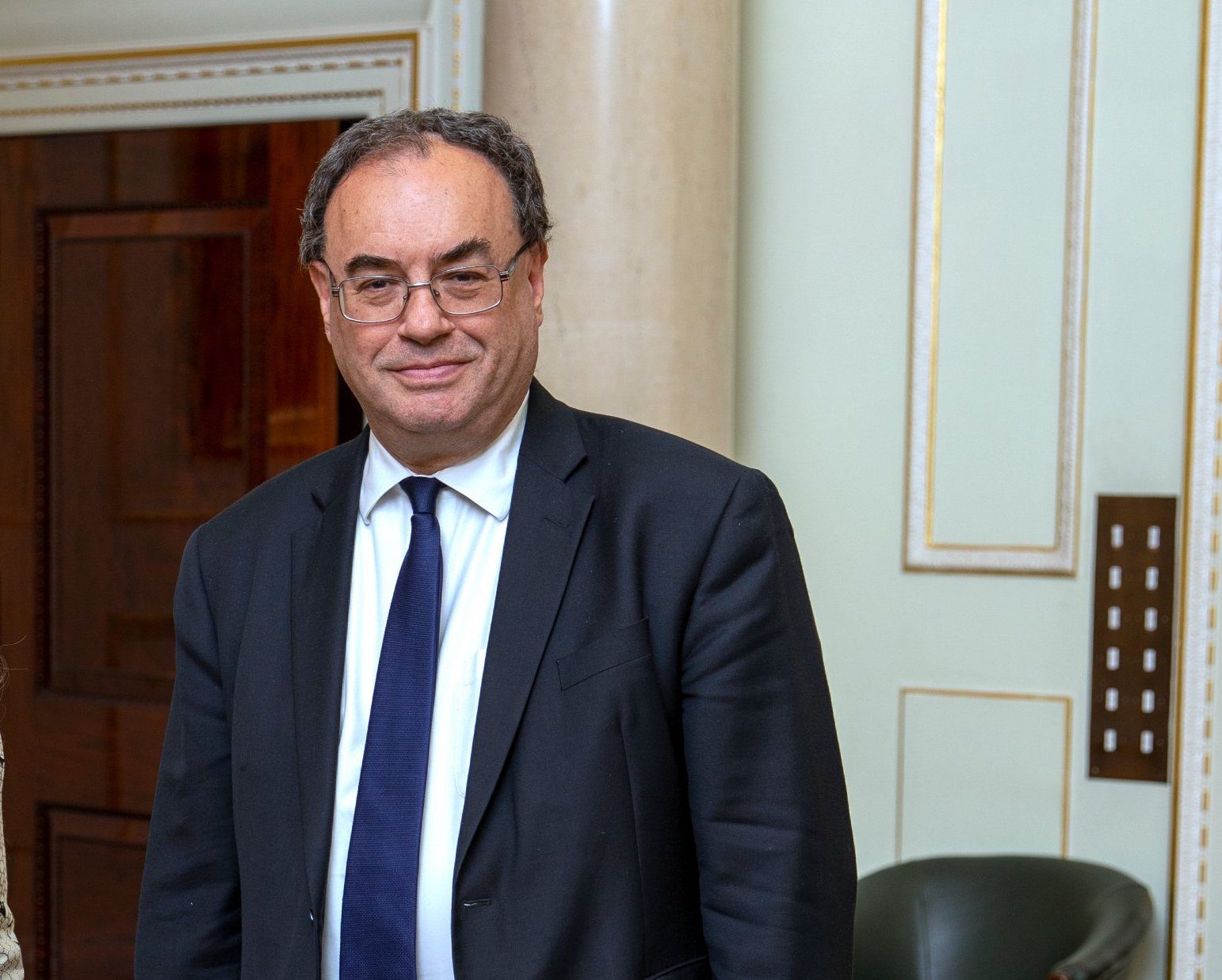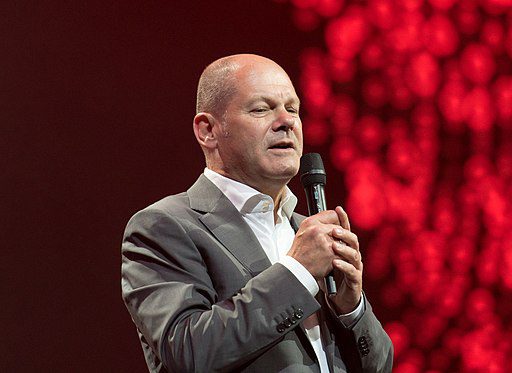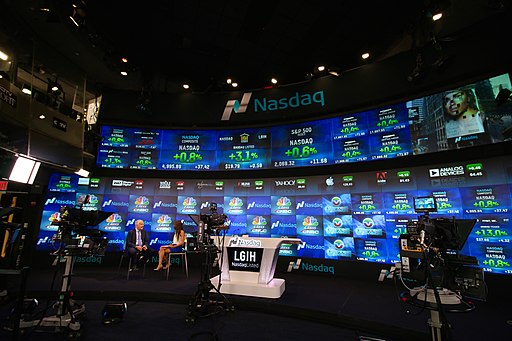Main Menu
- Regions
- Banking
-
Sterling Drops Following BoE Governor’s Remarks on Rate Cuts
October 3, 2024 -
Westpac to Sell Auto Finance Loan Book to Resimac
October 3, 2024 -
Commerzbank and UniCredit Enter Preliminary Talks
September 26, 2024 -
Scholz Warns UniCredit Against Commerzbank Takeover
September 24, 2024 -
BoE Holds Interest Rates at 5%
September 20, 2024
- Investment
-
Bursa Malaysia to Enhance Listed Company Value
October 3, 2024 -
European Auto Stocks Plunge as Automakers Issue Warnings
September 30, 2024 -
Credit Investors Seize Rare Opportunity in Euro Property Bonds
September 30, 2024 -
Asian Markets Rally as China Stimulus Hopes Fuel Global Optimism
September 26, 2024 -
Wall Street Hits Record Highs After Fed Rate
September 19, 2024
- Infrastructure
-
Microsoft, Blackrock partner on AI infrastructure
September 18, 2024 -
ITA Airways Secures $240 Million in Financing for New Aircraft
September 3, 2024 -
Saudi PIF Injects $1.5 Billion into Lucid to Boost SUV Production
August 6, 2024 -
Tanzania Launches Key Segment of Modern Railway Network
August 2, 2024 -
AIIB to Invest $1 Billion in African Projects
May 29, 2024
- Tech
-
Bank of England and FCA Launch Digital Securities Sandbox
October 2, 2024 -
Mastercard Finalises Acquisition of Minna Technologies
October 2, 2024 -
OpenAI Faces Structural Overhaul, Sam Altman to Receive Equity Stake
September 26, 2024 -
Nasdaq Expands FinTech Footprint in LatAm with Nubank Partnership
September 23, 2024 -
PayRetailers Expands Footprint into Africa
September 20, 2024
- Featured
-
Katch Investment Group: Leading the Way in Private Debt
September 30, 2024 -
ViewTrade’s OneView: Redefining Financial Technology
September 30, 2024 -
The Secret to Success
September 28, 2024 -
Q&A: Co-Founder of Imandra Discusses the Future of AI
September 28, 2024 -
Digital Transformation in Talent Management by Applica Corp.
September 28, 2024
- Videos
- Subscribe
- Magazine
- Awards
-
























